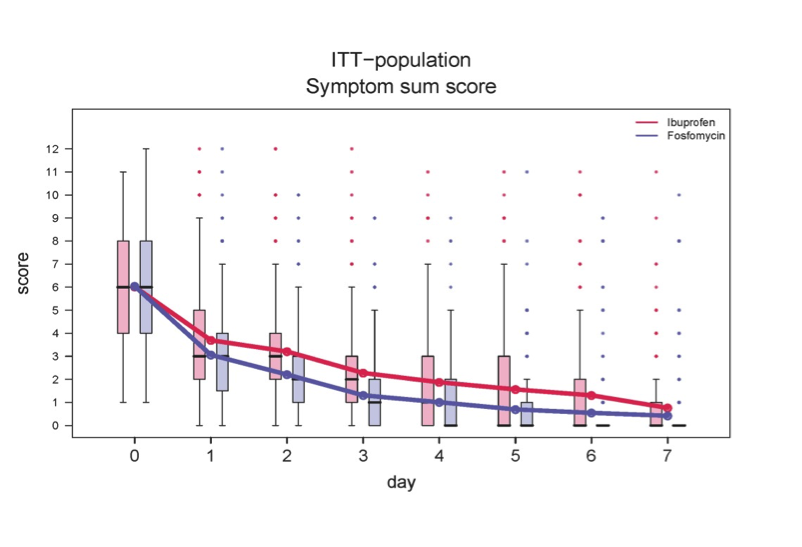02 Jan Study Examines NSAIDs vs Antibiotics For Uncomplicated Urinary Tract Infection

Dr. Gágyor
MedicalResearch.com Interview with:
Ildikó Gágyor MD
Senior researcher in primary care
Department of General Practice
University Medical Center Göttingen
Göttingen, Germany
Medical Research: What is the background for this study? What are the main findings?
Dr. Gágyor: Uncomplicated urinary tract infection is a common problem for women. Affected patients are usually treated with antibiotics to combat both unpleasant symptoms and to combat infection. However, prescription of antibiotics for a self-limiting condition, contributes to increased resistance rates posing a serious long-term threat to public health. In a double blind randomised controlled trial we examined whether symptomatic treatment of uncomplicated urinary tract infection with ibuprofen reduces the rate of antibiotic prescriptions without a significant increase in symptoms, recurrences, or complications. In all, 494 women were randomly assigned to receive: either ibuprofen for three days and antibiotics only if symptoms are persistent; or antibiotic treatment with fosfomycin. Results showed that antibiotic use could be reduced significantly: of the 248 women in the ibuprofen group two thirds recovered without antibiotics and one third received antibiotics subsequently. Women in the ibuprofen group had a higher symptom burden but in both groups, symptoms decreased within the first week (Figure 1). Six cases of pyelonephritis occurred, one in the fosfomycin group, five in the ibuprofen group.
Medical Research: What should clinicians and patients take away from your report?
Dr. Gágyor: Initial symptomatic treatment is a possible treatment approach especially for women who prefer to avoid immediate antibiotics. These results might apply to more to women with mild to moderate symptoms rather than to all those with an uncomplicated urinary tract infection. When discussing the most suitable treatment option, appropriate information should include the probability of a somewhat higher symptom burden and when to seek further medical attention due to the potentially higher risk of pyelonephritis.

Figure 1: Symptom burden. Shown are symptom sum scores for dysuria, frequency/urgency, low abdominal pain from day 0 to 7 (range 0-12).
Medical Research: What recommendations do you have for future research as a result of this study?
Dr. Gágyor: More research is needed to identify women who may be treated safely and effectively with symptomatic treatment and those who should be treated with antibiotics to avoid complications such as febrile urinary tract infection or pyelonephritis.
Citation:
[wysija_form id=”5″]
Last Updated on January 2, 2016 by Marie Benz MD FAAD
